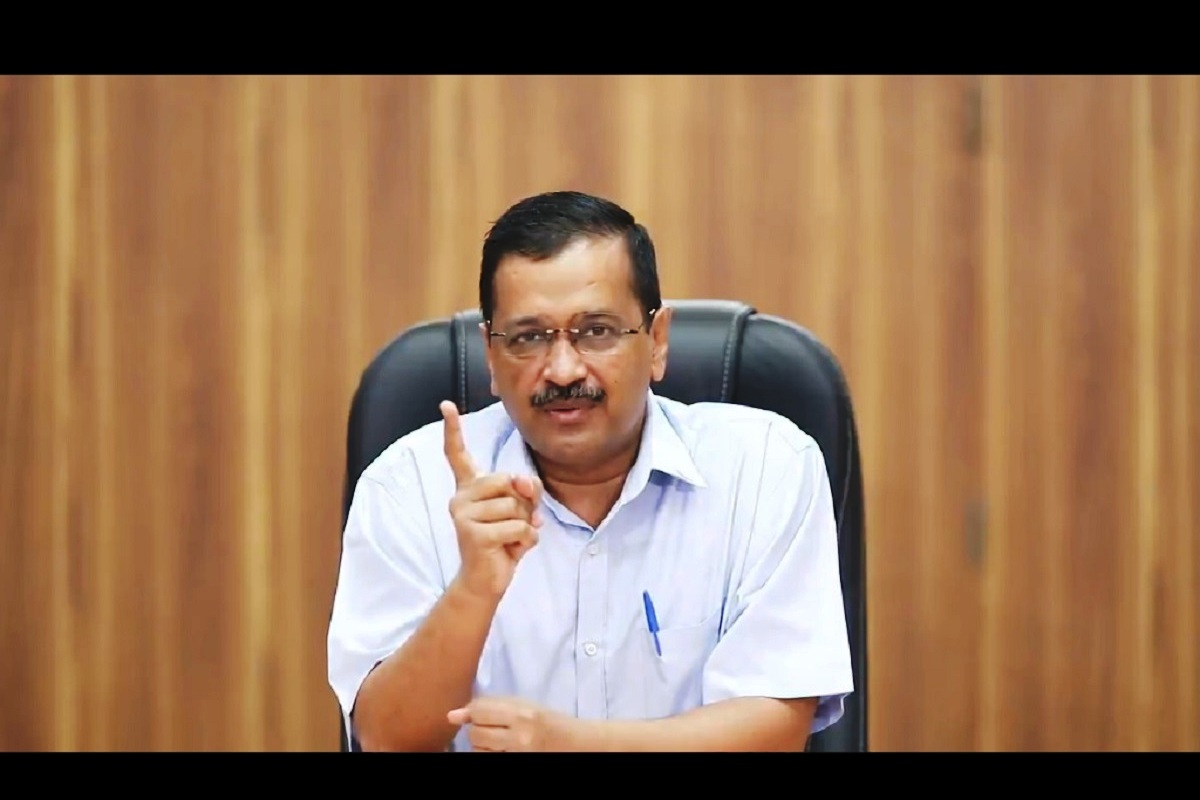Delhi Chief Minister Arvind Kejriwal informed on Monday that the city might face severe pollution levels in the national capital with the onset of winter as the Centre and the neighbouring states had not responded to the Delhi government’s suggestion in a positive way to use Pusa Institute-prepared bio-decomposer to prevent stubble burning by farmers.
“But the farmers cannot be blamed for this because they have been left with no choice other than stubble burning as they had been doing in the past”, Kejriwal asserted.
Advertisement
Addressing a press conference, he said the Delhi government, however, was ready with its 10-point ‘Winter Action Plan’ to control pollution which could worsen in the coming months. The plan included, “Promoting the use of the bio-decomposer to end stubble burning, an anti-dust campaign by keeping a close on construction sites, fine on waste burning, ban on crackers, setting up of more smog towers, monitoring the hotspots of pollution in the city, having a Green War Room, a Green Delhi app for receiving complaints regarding pollution, having set up India’s first E-Waste Park and a policy of ending vehicular pollution.”
Kejriwal said, “I appealed to the Centre and the neighbouring states to promote the use of bio-decomposer to prevent stubble-burning but they have done nothing in this regard so far. This is bound to have an adverse impact on Delhi’s air quality. Instead of indulging in blame-game, there is need to take practical steps like the use of bio-decomposer to end stubble burning in the neighbouring states as we have done in Delhi.”
He pointed out a 10-point approach of the Delhi government which has resulted in considerable improvement in the city’s air quality. “The air quality in Delhi was good at this stage”, he claimed.
He mentioned the following steps taken by his government: One, the Delhi government’s efforts to ensure 24-hour uninterrupted power supply has led to disappearance of thousands of diesel-run
generator sets which used to cause large-scale pollution in the city.
Two, construction dust-caused pollution has come down substantially because of constant monitoring over construction sites.
Three, the Central government has constructed Eastern and Western Peripheral Expressways which has resulted in very few trucks entering Delhi.
Four, the Delhi government has closed its two thermal power plants, which had been causing much pollution in the city. Delhi is, perhaps, the only state which has no thermal power plant.
Five, all industrial units in Delhi are now using PNG for their production activity and. therefore, causing very little pollution.
Six, Delhi has adopted a tree plantation policy which involves that no tree should be felled. Trees in Delhi are relocated wherever it is required with the use of technology.
Seven, the Green Delhi app is being used to gather people’s complaints regarding pollution. It has received 23,000 complaints so far.
Eight, the government has set up ‘Green War Rooms’ for constantly monitoring pollution levels.
Nine, as directed by the Supreme Court, a Graded Response Action plan has been implemented in Delhi for controlling pollution from different sources.
Ten, Delhi is implementing an electric vehicle policy which is being appreciated by one and all.
Kejriwal also informed that besides these, his government had formed 500 teams for strict checking of Pollution Under Control (PUC) certificates. The government has identified 64 roads to end traffic jams. A drive has been launched for scrapping of all 15-year-old petrol vehicles and 10-year-old diesel vehicles.
The Delhi government will soon launch a Jan Abhiyan (a drive with people’s support) to keep pollution within manageable limits in the national capital, Kejriwal added.











